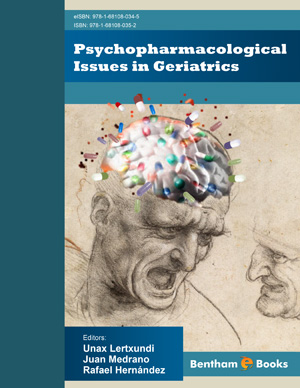Abstract
The number of elderly people is rapidly growing all over the world. The use of drugs in this age group is risky due to physiological changes associated to the aging process and the potential interactions. Polypharmacy and potentially inappropriate medication is a common finding in the elderly and it is considered a public health issue related to morbidity, mortality and health care resource use. Avoiding the use of inappropriate and high risk drugs is an important, simple and effective strategy to reduce the problems associated with medication in the elderly. A compromise between the principles of evidence-based medicine and good gerontological practice is required. Different strategies have been developed to help reduce potentially inappropriate prescribing. Regular and systematic review of treatment, patient education, collaboration with the pharmacist, the use of electronic aids and tools like Beers or STOPP-START criteria are strategies to help reduce potentially inappropriate prescribing of our elders.
Keywords: Adverse drug reaction, Anticholinergic risk, Appropriate prescribing, Beers criteria, Drugs, Drug prescription, Drug withdrawl, Elderly, Electronic prescribing, Electronic aids, Explicit criteria, Geriatric, Implicit criteria, Inappropriate medication, Inappropriate prescribing, Medicine Appropriateness Index, Pharmacology, Polypharmacy, Potentially inappropriate medication, STOPP-START criteria.


















